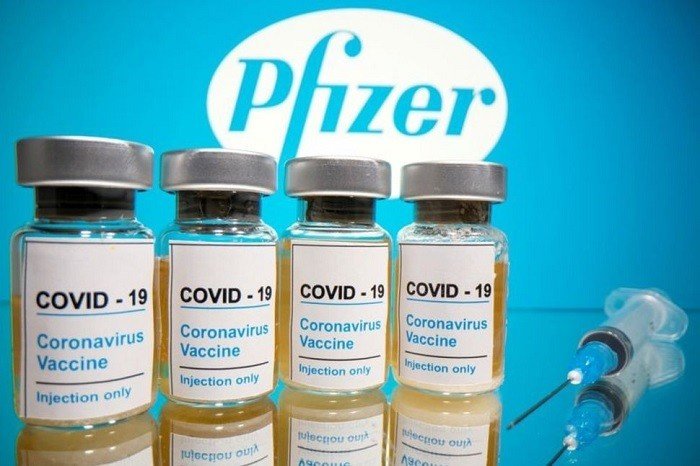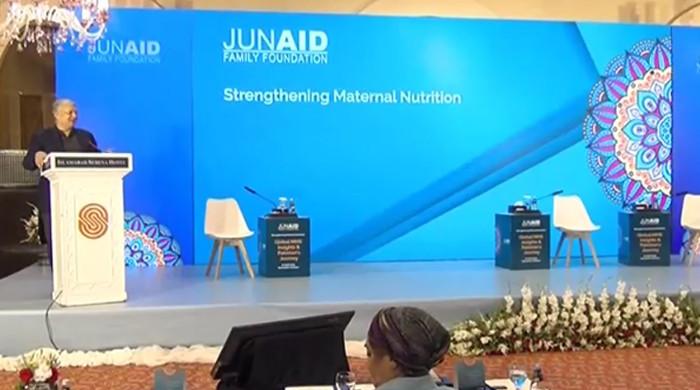After UK, Bahrain gives go ahead for use of Pfizer-BioNTech vaccine
State news agency says Bahrain's health regulator gave the approval following a thorough analysis and review of data
December 05, 2020

Bahrain became the second country in the world to approve the use of the Pfizer/BioNTech coronavirus vaccine in the country, said the country's state news agency BNA on Friday.
The state news agency reported that the approval was given by Bahrain's National Health Regulatory Authority (NHRA) following a thorough analysis and review of the available data.
“The approval of the Pfizer/BioNTech vaccine will add a further important layer to the Kingdom’s national COVID-19 response, which has strongly prioritised protecting the health of all citizens and residents during the pandemic,” said the Bahrain's NHRA CEO Dr Mariam Al Jalahma.
On the other hand, Pfizer Gulf Cluster Lead Lindsey Dietschi was quoted by the BNA calling it a "historic moment in the fight against COVID-19".
Read more: New Pfizer, BioNTech coronavirus vaccine may not be suitable for Asian countries
"This authorisation is a goal we have been working toward since we first declared that science will win, and we applaud the National Health Regulatory Authority in the kingdom of Bahrain for their ability to conduct a careful assessment and take timely action to help protect the people of Bahrain,” said Dietschi
Last month the kingdom had approved the use of the China's Sinopharm vaccine for its frontline workers.
UK govt green lights Pfizer-BioNTech vaccine
Earlier this week, the United Kingdom became the first country in the world to approve the use of the Pfizer-BioNTech vaccine with the vaccine expecting to be rolled for use from next week.
According to British newspaper Guardian, the vaccine was approved for emergency use by the Medicines and Healthcare Products Regulatory Authority (MHRA).
'Vaccine over 90% effective'
Last month, large-scale trials of a coronavirus vaccine candidate produced by Pfizer/BioNTech revealed that it is over 90% effective, said the manufacturer in a statement.
The study showed that people who received two doses as part of the trial saw 90% fewer symptomatic cases of COVID-19 than participants who were given a placebo.
"Today is a great day for science and humanity. The first set of results from our phase 3 COVID-19 vaccine trial provides the initial evidence of our vaccine’s ability to prevent COVID-19,” said Dr Albert Bourla, the Pfizer chairman and chief executive.
Read more: Behind Pfizer's coronavirus vaccine, an understated husband-and-wife 'dream team'
The study focused on 94 participants out of a total number of 43,000 people. These participants were offered the two-dose vaccine and 28 days after they received their first inoculation, remained protected.
"To me, this is the best possible outcome,” Ugur Sahin, co-founder and chief executive of BioNTech told the Financial Times.
Pfizer expects to produce 50 million vaccine doses in 2020 and up to 1.3 billion doses by 2021.











